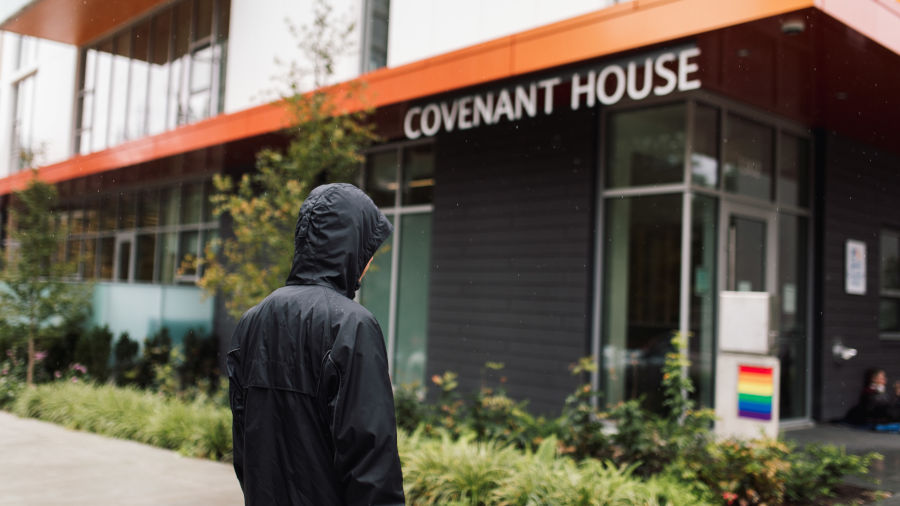Creating real change through partnership
Day-to-day operations of the Djavad Mowafaghian Foundation may no longer be run by its founder, humanitarian and business leader Mr. Mowafaghian, but its small board channels his spirit with every decision they make.
“Mr. Mowafaghian is an incredibly kind and considerate man,” explains Margaret Thomson, treasurer and director of the foundation. “His father passed away when he was very young and he was raised by a single mother in a modest household in Tehran. His mother was generous to those in need in their community, and he attributes his passion for giving to her.” Formed in 2003, the foundation really took shape in 2010, when Mr. Mowafaghian suffered a stroke and switched his focus almost entirely to giving back. In the eleven years since, they have supported their mandate with enthusiasm, and the presidency of the foundation has shifted to Mr. Mowafaghian’s nephew, Hamid Eshghi.
“Mr. Mowafaghian is an incredibly kind and considerate man…His mother was generous to those in need in their community, and he attributes his passion for giving to her.”
The board, however, continues to employ Mr. Mowafaghian’s careful approach to philanthropy. “We believe the biggest changes come from log-lasting partnerships,” says Thomson, “so we really take our time when choosing who we support. A onetime gift for something like a building can have a lot of impact, but it doesn’t always carry through. When we trust an organization is making a difference and is a good steward of funds, we’re going to continue to support them.”
“By supporting organizations we trust, we can support the communities that need our attention the most.”
The board — who recognize the far-reaching effects of homelessness in Vancouver — has turned their attention to organizations like Covenant House Vancouver, Coast Mental Health, and the Downtown Eastside Women’s Centre in recent years. “Giving is such a personal thing, and, for us, no one wants to see a young person living on the streets. The abuse and trauma that some of these young people experience is a travesty. By supporting organizations we trust, we can support the communities that need our attention the most.”


Recent Comments